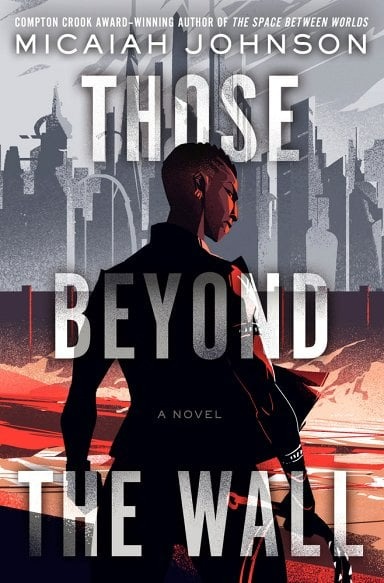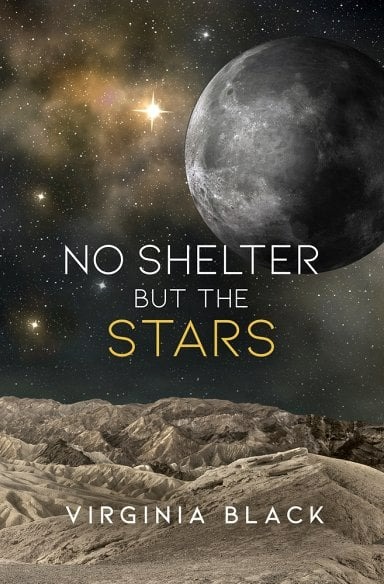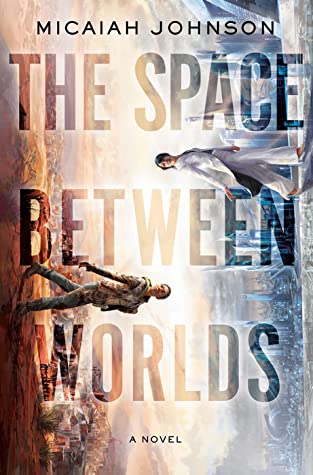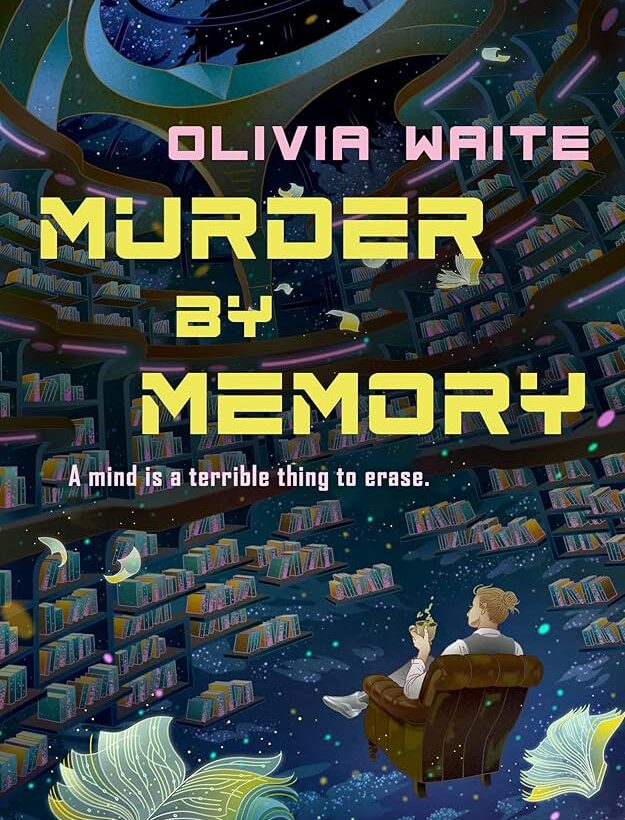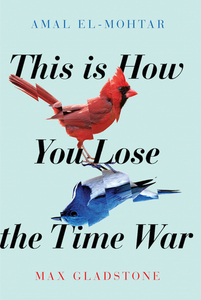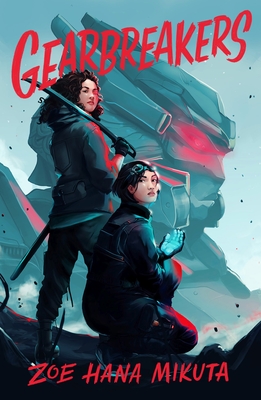I don’t think I’ve ever been so pulled into a novel by the dedication, author’s note, and epigraph. (The epigraph to Part One is “i did not come to preach of peace / for that’s not the hunted’s duty.” -Danez Smith.) In the author’s note, Johnson explains the inspiration behind this book coming from her time participating in the 62-day sit in at Nashville’s Tennessee State Capitol. I found myself writing down multiple quotations, including…
A Triumph of Sapphic Sci-Fi Romance: No Shelter But The Stars by Virginia Black Review
My first love was science fiction. I was raised in a Star Trek family, my favorite video game is Mass Effect, and The Expanse is my favorite TV show. However, it’s taken me a while to combine my love of science fiction and my love of romance in the books that I read. I have recently rectified this with VirginiaRead More
A Trans Lesbian Mech Romcom: Lsbn by Emma Jayne Review
If you’re looking for a fun one-sitting read, why not pick up this trans lesbian “mech rom-com graphic novel,” as the blurb describes it? I feel like you’re already sold, but I’ll keep going anyway. LSBN is a project to develop a mech suit to battle the giant, monstrous aliens that have descended to Earth.Read More
Avenging Your Own Murder: Volatile Memory by Seth Haddon Review
Seth Haddon’s sci-fi debut Volatile Memory (out July 22, 2025) is one of the best novellas I’ve read in a while. The book follows Wylla, a trans woman, as she tries to live her life as a scavenger. She, like other scavengers, goes after bounties and searches for important items to sell in order to earn credits.Read More
The Three Queer Books That Broke My Reading Slump
I will be completely honest—I have been burnt out, to the point where I have been struggling to find joy in reading and even finding reading books for my job a burden. I am sure a lot of you have been feeling the same way. But as I went searching for ways to engage withRead More
Love, Grief, and the Abyssal Depths of the Ocean: Our Wives Under the Sea by Julia Armfield
There is a peculiar kind of sadness in telling a love story backwards, starting with its end. There’s the tenderness and domesticity of an established relationship, and the inevitable fact of its eventual nonexistence. This love story captures a relationship by chronicling its end. Our Wives Under the Sea, Julia Armfield’s debut novel, is a captivating tale told in alternating perspectives about a couple, Miri and Leah, the latter of whom goes out on a deep-sea exploration and comes back irrevocably changed. The book weaves Miri’s struggle to reconcile the slow slipping away of her wife, Leah, with Leah’s recounting of the events of the deep-sea submersible dive.
Sliding Doors Meets Mad Max: The Space Between Worlds by Micaiah Johnson
When The Space Between Worlds came out in 2020, it was all anyone was talking about on Book Riot. (That’s the site I work for now and wrote for then.) It’s not often a sapphic book gets that much attention outside the queer book world, and the premise immediately hooked me. So, of course, IRead More
A Cozy Sci-Fi Murder Mystery: Murder by Memory by Olivia Waite Review
I was quite excited to get an ARC for Murder by Memory by Olivia Waite (on sale March 18!), because I am already a huge fan of her queer romances (Hen Fever is a DELIGHT). So when I heard her newest novella was not only sci fi, but a cozy murder mystery (two genres that I think need moreRead More
Sapphic Books To Light Your Way This Winter
Where I live, we’re in one of the darkest days of winter, with plenty of reason for dread. So this holiday season, I’m bringing out a list of book recs that are the equivalent of me wrapping you in my most trusted blanket. Some are more or less cozy in terms of subject matter, butRead More
Pacific Rim Meets Crier’s War: Gearbreakers by Zoe Hana Mikuta
Gearbreakers by Zoe Hana Mikuta is one of those books that somehow passed me by when it came out in 2021. It follows two teenage girls, Sona and Eris, as they try to destroy the Godolia empire from the inside: Sona as one of the students from the Academy who earns a spot as a frighteningRead More
- 1
- 2
- 3
- …
- 14
- Next Page »
